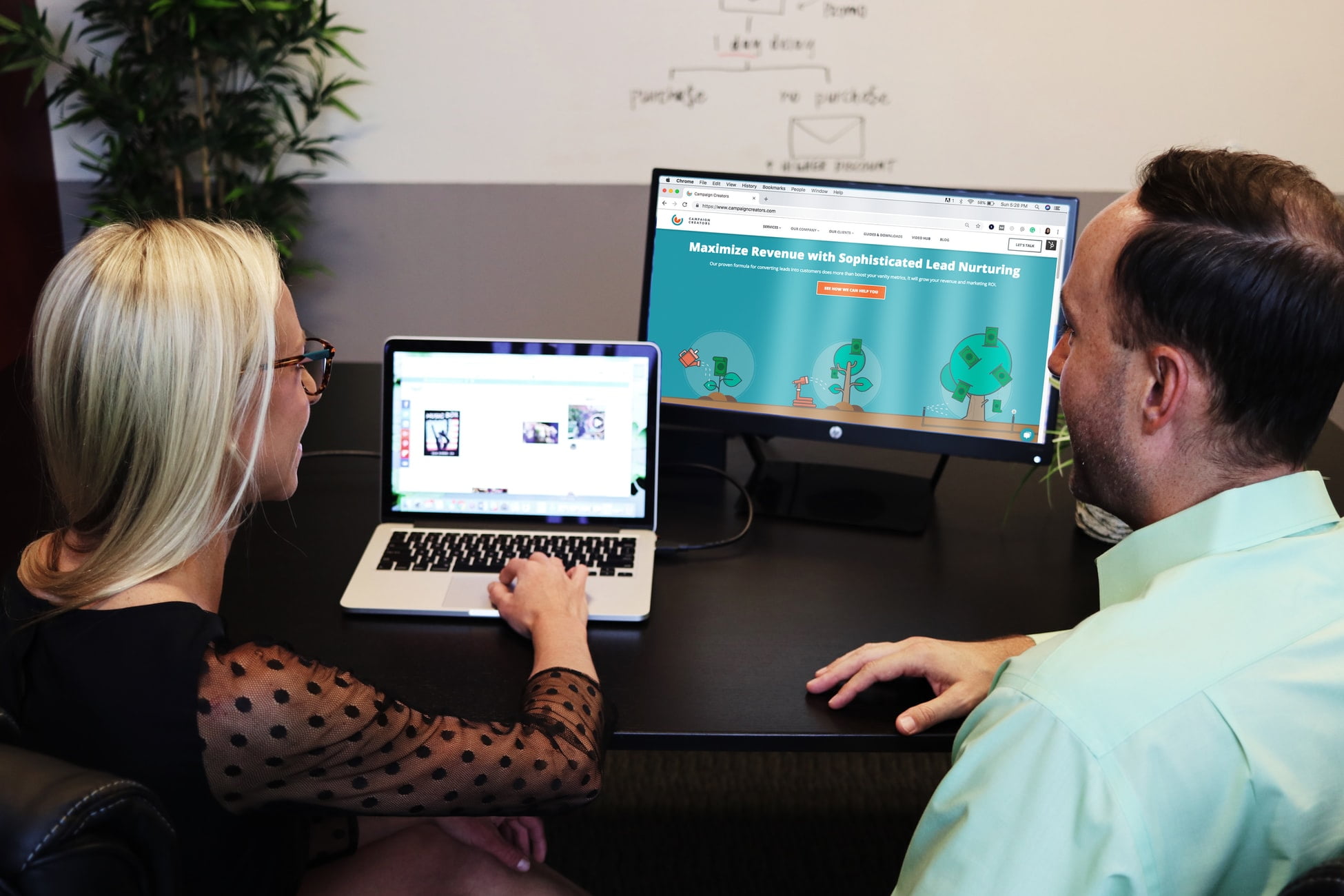Why Sharing Content on LinkedIn Works

If you’re on LinkedIn and have been satisfied with simply updating your resume, then let me tell you, you are surely missing out. LinkedIn goes beyond being an online resume. It is actually a space where thought leaders, professionals, collaborators, and future colleagues get to know who you really are—expertise, values, quirks and all.
The thing is, you actually know things. It’s these “things” that set you apart and if you may not have realized this yet, the story of how you’ve arrived where you are right now in your profession and in your passion is one worth sharing. Your own milestones may be relevant and helpful for those out there who are trying to establish themselves in their own professions. So, if you haven’t thought of sharing your valuable experiences, knowledge or expertise yet, I hope this convinces you to get out of your shell.
In sharing content, you’ll have to cover the basics of knowing what kind of content works in LinkedIn that get those clicks—the ultimate affirmation of engagement. Here’s what we know about the types of content LinkedIn likes so far:

Blog Posts
Blog posts are basically stories. Who doesn’t love a good story, right? Telling stories makes anyone more human, so if you share a tightly written blog post, people will be able to relate with your own experience which leads to a meaningful connection. People will naturally keep clicking on your content the next time you share your blog post. You’ll be surprised at how some people have built such a large following simply by documenting their story on LinkedIn.

Tips, How-Tos and Listicles Published on LinkedIn
How-To and list-style posts are likable and shareable types of content in any social media platform, let alone, LinkedIn. These types of content are great to use as a research tool. Of course, given the nature of LinkedIn, there are groups of people who want to keep learning, so don’t hesitate to share things you know and have experienced. For lists, you can easily go with things like, “Top 10 Reasons Why Startups Succeed,” or “5 Things You Should Know About Work Ethic.” There a ton of ways to pull off writing shareable how-tos and listicles.

Industry News and Research: Statistic Articles, Infographics, Valuable PDFs
Remember that LinkedIn is a B2B Platform (business-to-business) where users are on the lookout for content related to their specific industry. This is why sharing case studies, reports, and whitepapers based on research is beneficial. Essential information through infographics and valuable PDFs also contributes to an industry knowledge bank where people can use it as a legitimate resource on things related to their business or profession. Not only are you establishing credibility, but you are also contributing to the industry as a whole. Those who take their professions seriously need updates and news relating to their field of specialization.

LinkedIn Videos
Videos that are good on LinkedIn are informative. They should actually show what your brand, business, or product is all about. Some examples of video content may be brand storytelling, case studies, behind-the-scenes, business or company updates, meet the team, FAQs, and others. You can post these videos on your profile or page, via LinkedIn Publisher, LinkedIn Learning and of course, newsfeed posts. Occasionally, you can also share videos that are uploaded through links from other video sharing platforms.

Photo Updates
Photos that you can share on LinkedIn include photos from a company or industry party. You can tag the people in the photos as a way to get that connection with them ongoing. Tagging these people also allows you to follow-up on the interactions you have had in that event. Also, when posting photos, post 6+ photos at once. If you post more than five, you are inviting users to click on your profile even more. Ideally, post photos you took yourself and it is better to post photos with faces rather than buildings or places.
Now that you are familiar with what types of content are good for LinkedIn, it is helpful to understand what the LinkedIn Algorithm is particular with so your posts get maximum engagement. Whatever content you post, visibility is guaranteed with a few important practices. One, use up to three hashtags for relevant content channels to discover your posts. If your content is relevant, more people will engage with your content and can even share it with a larger audience. Be particular with hashtags. Two, engage, engage, engage. If someone comments on your posts, reply as soon as you can. This brings about authenticity and is good for better exposure. Three, do not link out your posts. As much as possible, keep people on LinkedIn by creating your content on LinkedIn. Fourth and last, make sure that every post you share achieves the minimum level of quality.
Even if the road to being a LinkedIn Superstar takes a bit of research and that serious thoughtfulness in creating content consistently, letting people know who you are in the light of your profession is definitely worth it in the end. Who knows? You might just get that dream job or get that sought-after collab project simply because you shared content that only you can express precisely well.



Leave A Comment